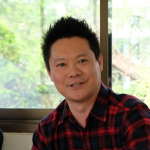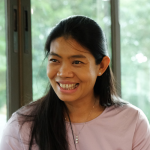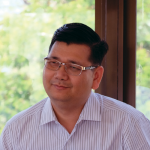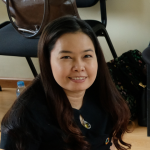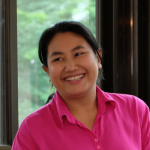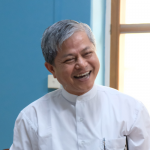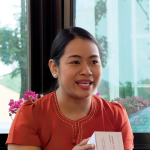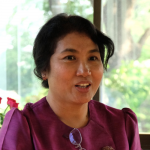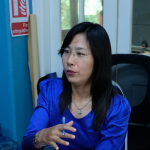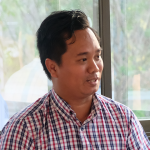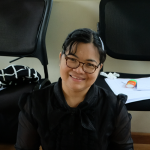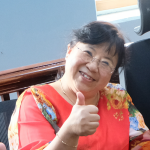
A training of six modules spread over 9 months, offering theoretical inputs, hands-on tools and practical experiences. Learning groups took place in between, organised by the 12 participants, to support the deepening of lessons learned and transfer of know-how to practice.
Communication models
Transactional analysis
Self-awareness, individual change
Advisory roles, managing and leading
TOP Model: Organisation – Team – Person
Images of organisation (metaphors)
Organisational diagnosis
Theories of change
Architecture and design
Analogue techniques
Organisational performance assessment
Process analysis, process optimisation
Quick wins in organisational performance improvement
Leadership theories & archetypes
Coaching by Dr. Wolfgang Loos
Dialogue with external speakers
Design and facilitation of a large event
Conflict Management
Learning journey: self-evaluation, presentation and feedback
The 2018 course was an intensive learning journey, both for the participants as well as for us, the faculty. When we started in March 2018 with the first module on “Roles and Values”, we were not sure whether the participants would accept the concept. It required a lot of openess to share personal experiences right from the start; and readiness to listen to each other, rather than to the trainers. But the group immediately took it up, learning groups formed and a dynamic kicked in that has taken us through the course. We realised that we need to take our time when introducing models and tools, clarifying and translating key terms into Myanmar language, jointly exploring the underlying assumptions. Role plays and case work turned out to be key learning experiences, in module 2 “Understanding Organisations”, we organised exposure visits to three companies and government institutions which really enriched our subsequent discussions. Lenya introduced a design thinking challenge as part of her Master thesis “Face & Favour“. Improving the feedback culture in Myanmar organisations was identified as a key challenge, and in module 3 Lenya was able to present a jointly designed “dice” to start and end meetings in a playful manner, while at the same time fostering a feedback culture in the team. Module 4 was looking at benchmarking, process optimisation and quick-wins to enhance organisational performance presented by our participants. Latest at this stage, the modules had rather the character of a dialogue seminar on eye level than a one-way training. One specific feature about our participants that amazed us was there ability to deal with the multiple roles and – in view of the enormous stress a lot of them face-, their resilience.
A highlight of the course was the module on leadership in October 2018 which featured an online session with Dr. Wolfgang Looss. It was just amazing to see how he was able to give within 10 minutes and through a sometimes shaky internet connection valuable, to the point advice and coaching. His inputs were one important source for the “Leading in Change” dialogue event that took place in December. On the next day, we were deeply honoured to receive Aung Thukha Sayartaw, the head of a Dhamma school outside Yangon with 440 students starting from Grade 1 to Grade 8. We had an inspiring dialogue about Buddhist perspectives on leadership and his own personal experiences that led us to further explore the subject in a small research project. Matteo Marinelli, CEO of Maha Agriculture Microfinance and working in Myanmar since more than 5 years, joined us to contribute his experiences with translating international leadership practices into the Myanmar context.
The training concluded with the “Leading in Change” dialogue in December. Since then, we have been in regular exchange with our alumni who are all involved in preparing the Change Forum Yangon in December 2019. We are happy to see the connections and networks that have been established, how they creatively adapted approaches and tools to fit their needs – and we embarked on a learning journey ourselves to better understand cultural roots and practices.
